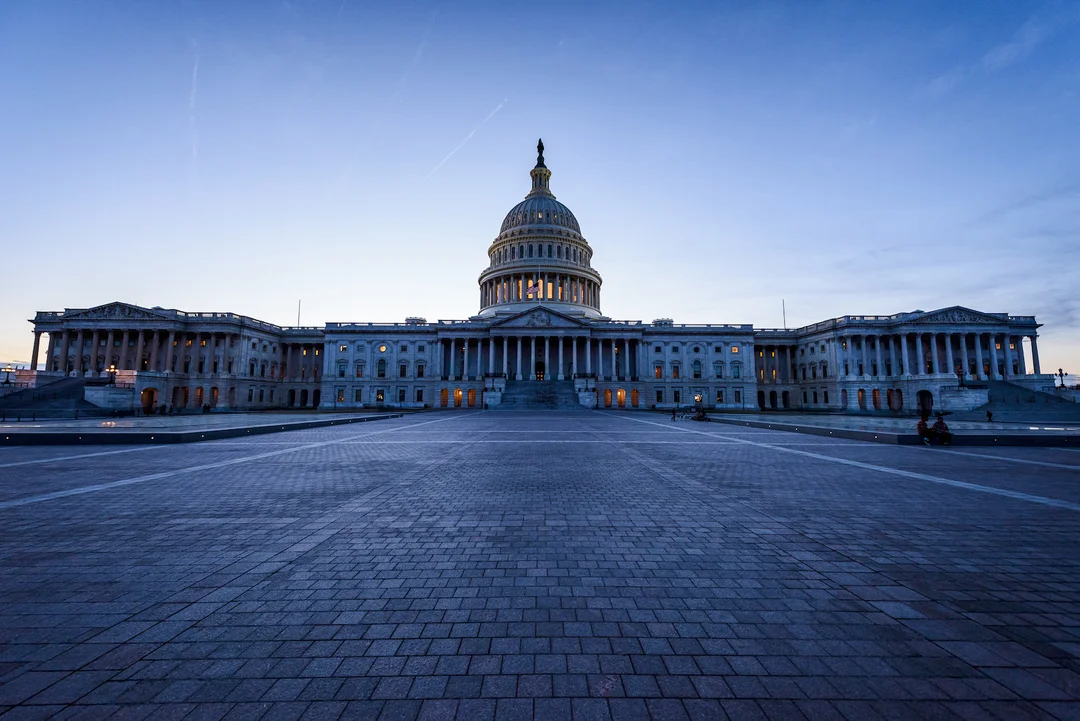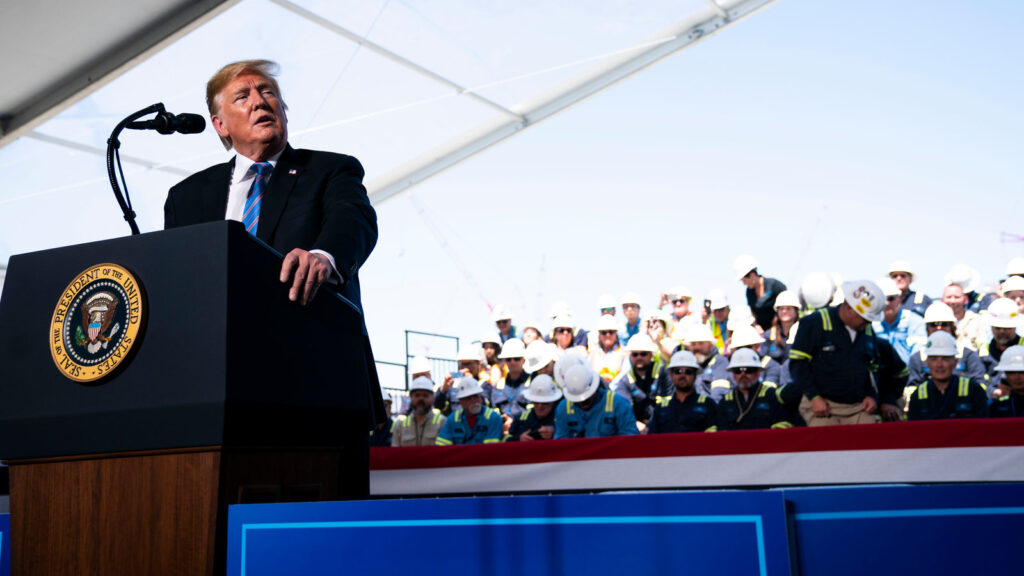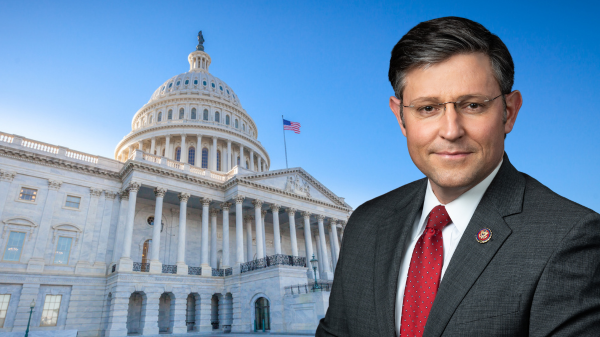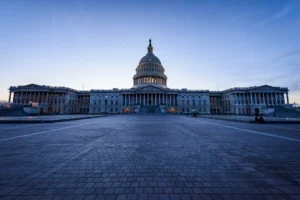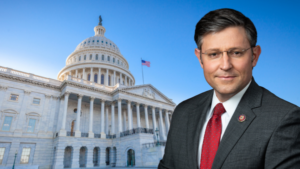Former Officials Administration Returning
The return of several former officials to key energy and environmental Administration policy roles under a potential Trump administration signals a deliberate emphasis on regulatory rollback, fossil fuel development, and industry-aligned strategies. Figures like Andrew Wheeler, David Bernhardt, and Dan Brouillette bring extensive experience in deregulation and public-private collaboration, shaping a policy framework focused on streamlining compliance, promoting energy independence, and prioritizing economic growth.
- Andrew Wheeler (EPA)
- Previous Role
- EPA Administrator (2018-2021)
- Led major deregulation efforts
- Former coal industry lobbyist
- Recent campaign involvement
- Current Position
- Holland & Hart law firm
- Virginia regulatory office experience
- Potential Impact
- Continued deregulation emphasis
- Industry-friendly policies
- Environmental rollback expertise
- Previous Role
- David Bernhardt (Interior)
- Background
- Former Interior Secretary
- Oil industry lobbying experience
- Known for conflict management
- Current Activities
- Brownstein Hyatt Farber Schreck
- America First Policy Institute chair
- Campaign energy policy advisor
- Background
- Dan Brouillette (Energy)
- Experience
- Former Energy Secretary
- Edison Electric Institute leader
- Private sector background
- Potential Roles
- Energy Department
- National security
- Intelligence sector
- Experience
New Prospects
- Doug Burgum
- Qualifications
- North Dakota Governor
- Energy state leadership
- VP shortlist experience
- Policy Focus
- Fossil fuel development
- Carbon capture emphasis
- Net-zero initiatives
- Qualifications
Policy Implications
Regulatory Approach
- Environmental Protection
- Deregulation emphasis
- Industry-friendly policies
- Permit streamlining
- Compliance flexibility
- Energy Development
- Fossil fuel expansion
- Public land access
- Infrastructure development
- Export promotion
Strategic Priorities
- Short-term Goals
- Regulatory rollback
- Energy independence
- Industry growth
- Permit acceleration
- Long-term Vision
- Infrastructure development
- Resource exploitation
- Economic growth
- International competition
Agency Direction
Environmental Protection Agency
- Policy Focus
- Regulatory reform
- State authority
- Industry partnership
- Compliance flexibility
- Implementation Strategy
- Rule revision
- Enforcement changes
- State cooperation
- Stakeholder engagement
Department of Interior
- Land Management
- Resource development
- Access expansion
- Conservation balance
- State coordination
- Energy Focus
- Drilling permits
- Mining access
- Infrastructure approval
- Development rights
Department of Energy
- Priority Areas
- Energy independence
- Infrastructure development
- Technology advancement
- International competition
- Implementation Focus
- Resource development
- Research direction
- International engagement
- Market influence
Looking Forward
Policy Evolution
- Regulatory Framework
- Rule modifications
- Enforcement changes
- State authority
- Industry engagement
- Energy Strategy
- Resource development
- Infrastructure expansion
- Market influence
- International position
Implementation Challenges
- Institutional
- Staff transitions
- Policy implementation
- Legal challenges
- Stakeholder resistance
- External Factors
- Market conditions
- International relations
- Environmental concerns
- Political opposition
Conclusion: Policy Direction and Impact
The selection of energy and environmental leadership will significantly influence U.S. energy and environmental policy. The likely emphasis on:
- Deregulation continuation
- Energy development expansion
- State authority increase
- Industry partnership enhancement
Administration
- Experienced leadership pool
- Clear policy direction
- Implementation expertise
- Industry alignment
- Strategic continuity
